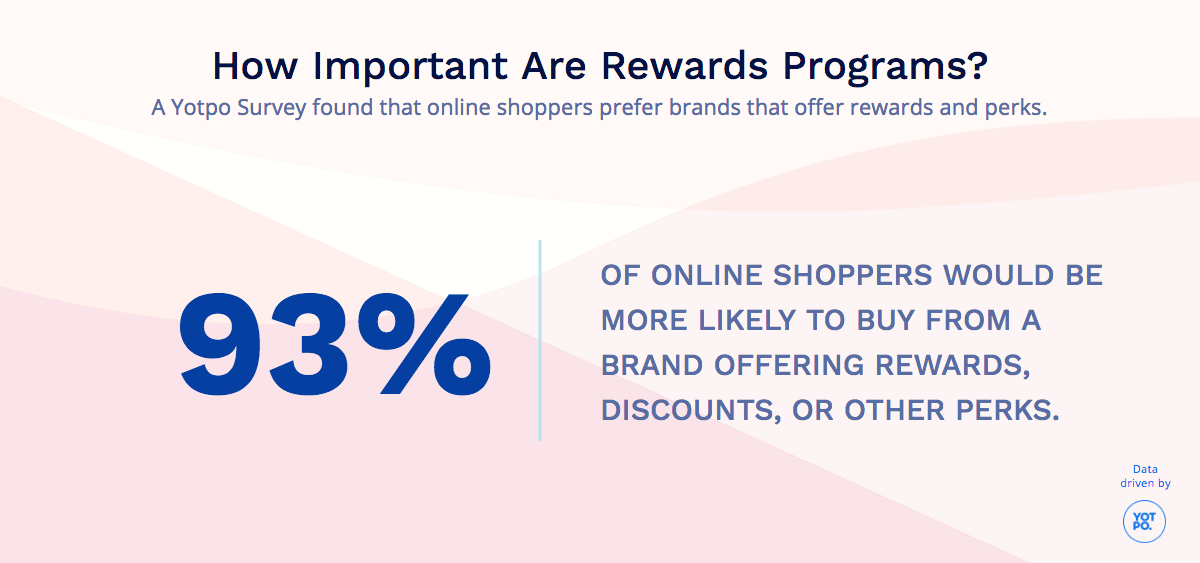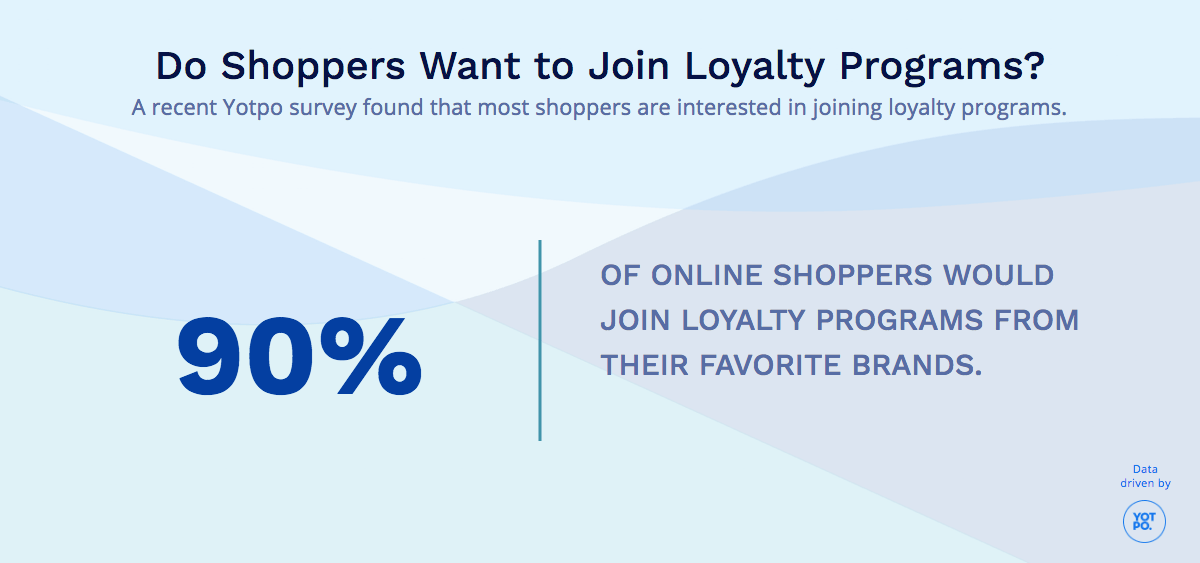Yotpo was born out of a frustration with fake reviews. Our Co-founder Tomer bought a camera online, only to discover it was a dud, despite the five-star ratings. The disappointment drove him to develop a platform with authenticity at its core.
His experience wasn’t an anomaly — most shoppers rely heavily on the reviews they read. A recent Yotpo survey found that reviews are still the most powerful influencer on purchase decisions.
With that in mind, and with the first forty-eight hour Amazon Prime Day kicking off now, we interviewed an anonymous source who got involved in the world of Amazon fake reviews and purchases via WeChat, a Chinese communications app.
Below, you’ll hear straight from the source about:
- Why they got into it in the first place
- Why (and how much) businesses are willing to pay for the “service”
- How these fake review companies operate
How it works: A business that “helps” your business
A: Basically, there are entire businesses built on making fake reviews and transactions. The transactions are not exactly fake because I technically did purchase the items. The company I worked for has offices in China and the US, and it helps businesses in China launch on Amazon. It helps them with naming, getting pictures, and of course, getting them reviews and transactions.
They have a group chat on WeChat and the business owner would invite the local businesses that want to launch on Amazon into the group chat. The business will then publish what kind of products they want reviews for. Sometimes they want reviews and sometimes they just want purchases.
A: I bought a spy camera on Amazon — they shipped it to me, and Venmo-ed me the money back. Basically, I got the camera for free and boosted their sales. Sometimes the sellers would offer a huge discount, like 60% off.
You buy it and then they give you an assignment to write a good review. Amazon is getting strict on censoring reviews, so they give you a format with what you need to mention and how many pictures you have to take from all kinds of angles.
A: There’s another business model where there’s a group owner and you have to pay let’s say $20 to get into the group as a commenter. It helps prevent people from just getting the product and dipping out.
Sellers will mostly offer free products. Sometimes they offer incentives — they’ll give free products and pay you. Not for much, maybe $5 -10, but it adds up. And you can sell the product after doing it.
Group owners will frequently look at your Amazon account as a reference. I would see posts in my WeChat stories, saying ‘You have to make at least X number of purchases on Amazon and you have to have a good review on yourself [in order to get involved].’ It’s definitely more expensive for the seller to get those good accounts/users.
What it looks like: Inside the company HQ and the WeChat group
A: China. I think Hangzhou, next to Shanghai. This business owner also has storage in the US for some products.
A: About two months. I’ve always known people do this because I see them posting on the WeChat version of Stories, asking for reviews on Amazon. It’s hard to monitor really. The group chat I was in is actually not very active. They post about once a week. For big groups, I see people posting in WeChat stories all day.
I joined through someone I knew. I interviewed for this company and I thought it was a trade company. After I asked for more details, I realized this is what they do.
There’s not that many people in the group, only 20. It can often be up to 100. The sellers publish what they need, like “we need 10 people for this product.” You just pick up the order by messaging numbers (1-10) to hold your spot for the job.
What makes people get into the fake review business?
A: In my case, I just wanted the experience and I knew the owner who specifically asked me to do this.
I think for others, it’s mostly for the money. Once this group grows, the owner can definitely make money off of this business. The sellers would pay him for promotion. The algorithm makes it so that if you have zero reviews or sales, your products wouldn’t stand out. What we’re doing is a very important step to help the sellers launch a successful business on Amazon.
Ever since I came to the United States, I’ve seen people trying to make money any way they can — it’s always harder for us to make money here because of work authorization. WeChat also does money transfers. It’s so quick. Once you buy it, they just transfer you the money.
I think there are a lot of students who try to get into this business, but they’re usually more careful because they don’t want to get caught and have it impact their career.
How to spot a fake review
A: It varies for each brand. It has to be 5 stars, over 50 words, talking about how you felt when you received the product, how you liked the packaging, how long you think you’ll use it for, how it compares with the pictures on the product page.
You can usually spot a fake review by clicking on the user profile — if there’s no profile picture or a bunch of random purchases, it’s probably a fake account.
By comparison, on Alibaba it’s so obvious that some reviews are fake because there are 15 words of actual review and the rest wouldn’t even make sense. They are only there to hit the word count.
A: Furniture and home products, like comforters and things like that. They’re usually low cost, so it wouldn’t hurt the sellers that much to send them out. I see a lot of makeup from all kinds of brands.
The business would create a new brand, name a new Amazon store, and then do whatever they want, with the same products. You know how on Amazon, there are all kinds of brands you’ve never seen? They just create multiple brands with the same products, trying out different branding to see which succeeds the most. If one gets busted, then you can just use the others.
What about Alibaba?
A: Sellers on Alibaba don’t make as much money there as on Amazon because the price point is lower. People who sell on Alibaba want to sell on Amazon for a higher price.
If you go on Alibaba and search ‘fake reviews,’ there’s a whole list of services and sellers that you can choose from, and people do post a lot of fake reviews. In my case, my Alibaba account is in such good shape, I wouldn’t want to ruin it. Plus, you don’t make that much money for posting fake reviews on Alibaba — the incentive isn’t good enough.
Conclusion: Making Your Brand Stand Out in the Age of Amazon
In a world where eCommerce is divided into Amazon and brands, it’s no surprise that Amazon has cornered the market on commodities. But, operating as a transactional marketplace rather than a trusted brand comes with its downsides: Merchants will list the same products under a variety of names and counterfeiting runs rampant. While Amazon is certainly making efforts to fight both fake products and reviews, the latter hasn’t yet diminished consumer trust in the platform, with a majority of shoppers believing what they read in reviews.
We’ve always believed that brands need to focus on what they do best rather than trying to beat Amazon at its own game. Instead of differentiating on price or functionality, successful brands understand the importance of crafting personal, human experiences for their customers. Whether they do that through loyalty programs or other fun perks, these experiences inspire shoppers to purchase from and stick with a brand:
Creating authentic, lasting relationships will keep customers coming back to your owned channels for your products, whether they can get them on Amazon or not.






